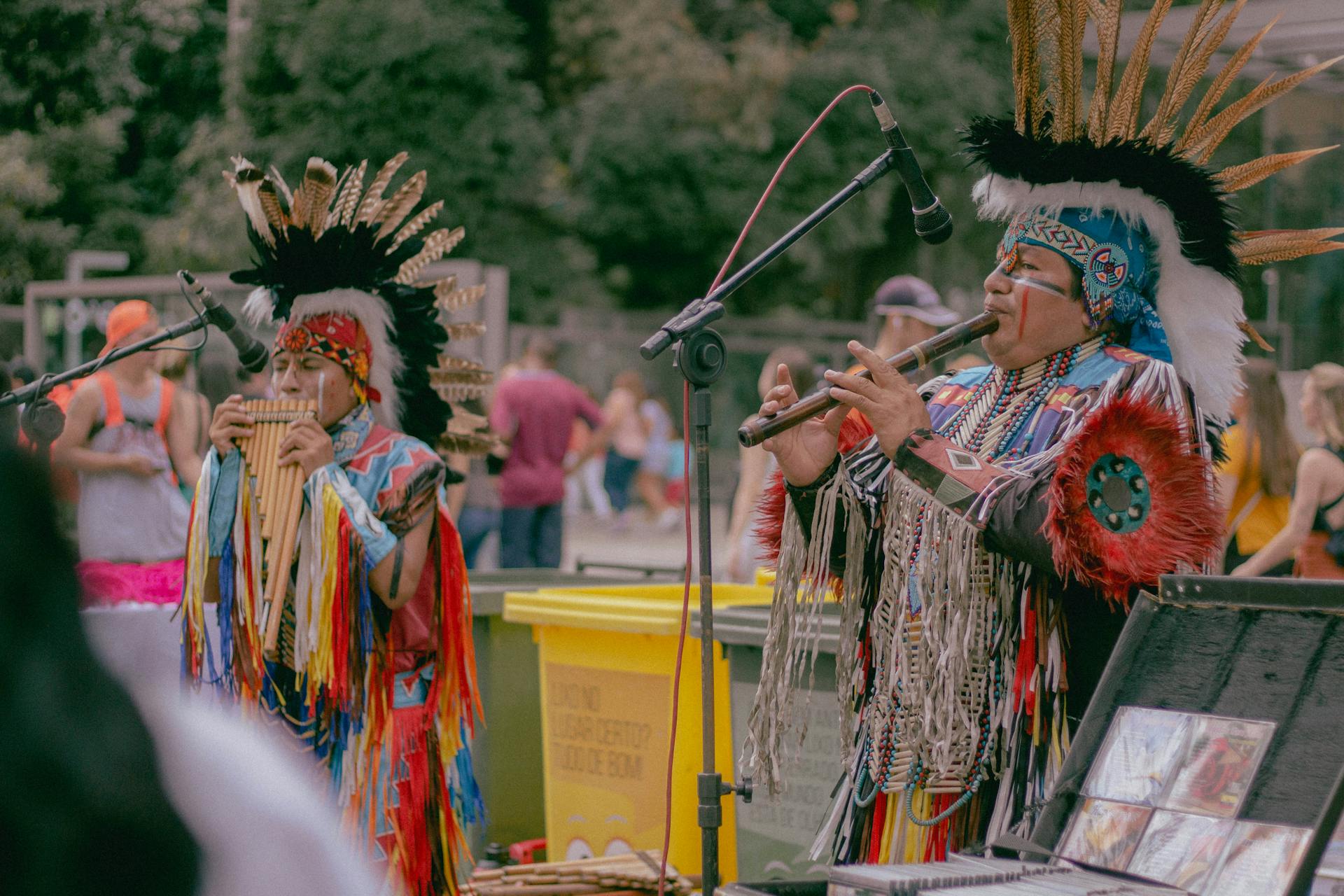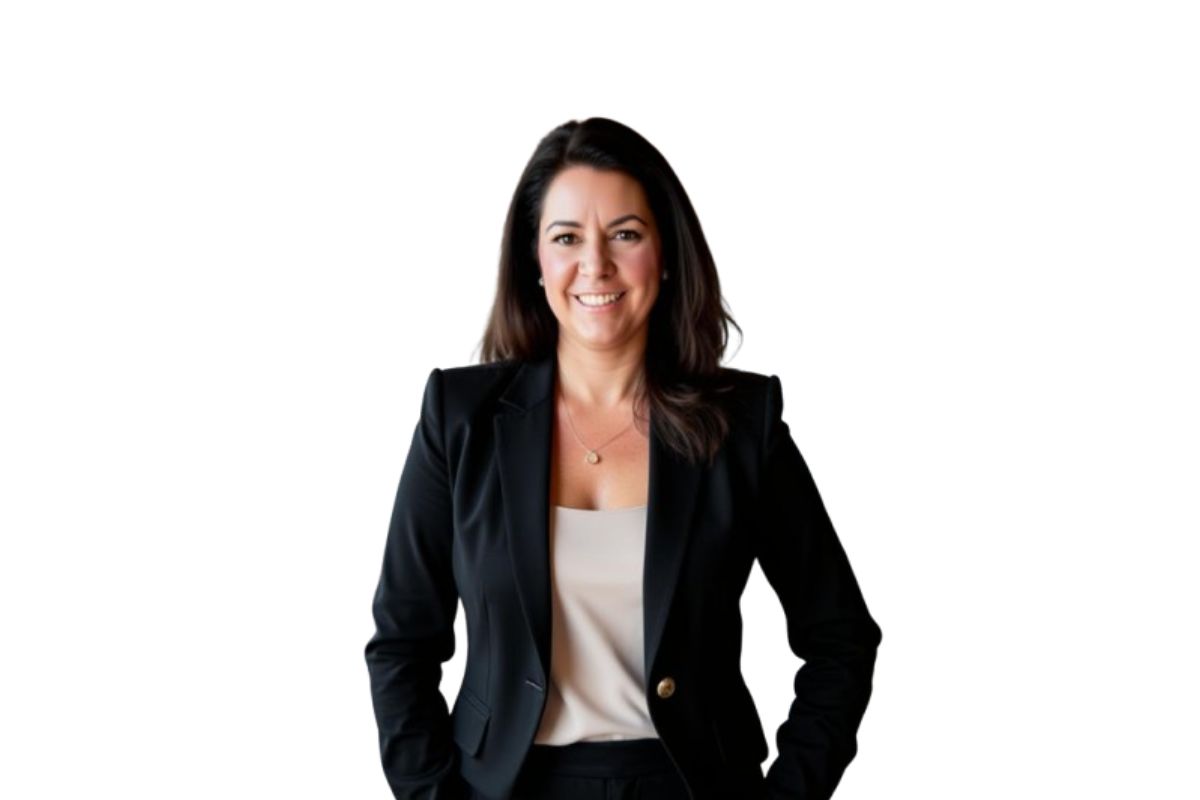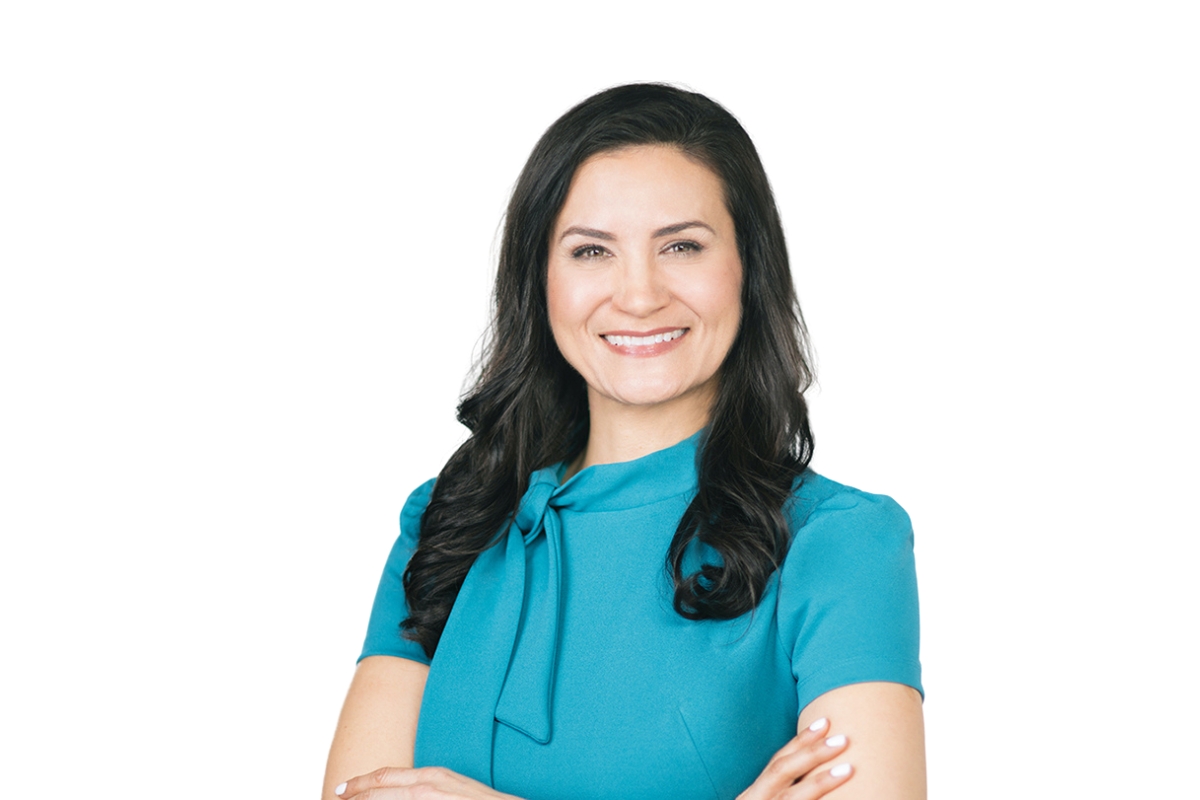According to Business Insider, the process of gentrification is characterized by the destruction of old properties in a community to make way for newer ones. The goal of clearing these properties is to redevelop these communities and make them attractive for new businesses eager to move into these areas. While the motives behind developing these communities sound simple, their costs weigh heavily over the shoulders of the community’s residents.
Most developments occur in low-income communities. By the time new buildings and properties have been built, the prices for renting or purchasing them skyrocket. No longer deemed affordable, original residents — who can no longer afford these properties — are forced to take up residency elsewhere.
For these reasons, individuals and groups throughout North America — and the world at large — have been dedicating their life’s work to countering gentrification. Today, a growing number of companies and organizations involved in real estate have been developing methods or working on projects that protect vulnerable communities. Below are two such examples of American companies that act like real estate brokerages.
RPS Solutions LLC
Founded by Kevin Seawright, RPS Solutions purchases properties, develops homes and makes them affordable for middle- and low-income community members. An unfortunate reality Seawright highlighted was that affordable housing is limited in America. The Baltimore native also noticed the trend was prominent in his city where people rented more than investing in properties they could own.
“Gentrification has been driving income inequality in major cities for the last few years,” Seawright told Authority Magazine. In Baltimore, it has driven many working-class families out from their communities as they could no longer keep up with the expenses their pricey, new homes cost.
RPS Solutions aids communities facing these particular problems by helping buyers close deals and offering warranties for people looking to repair their homes.
Taking Ownership PDX, LLC
Taking Ownership PDX boasts an entourage of realtors, contractors, and businesses. Musician and activist Randal Wyatt founded it in Portland, seeing it as his calling to address the effects of gentrification on marginalized communities. Wyatt told Yes! Magazine this was rooted in white supremacy as the ideology itself revolved around landownership. ChangeLab’s Scot Nakagawa described this as a form of structural racism — legally sanctioned racism that impacts a race socially or politically.
Housing development specialist Stephanie Allen also discussed the role race plays in gentrification in a blog for Broadbent Institute. The two are intricately intertwined, with a large percentage of lower-income community members being racialized. This, unfortunately, is due to the history of settler colonialism and the institutionalized racism that defined the past and present policies that affect Black and Indigenous people in Canada.
Wyatt and his team are dedicated to protecting Black homes, granting homeowners the opportunity to stay in their homes and age there. Just this February, the company received $75,000 from Nike. KGW News reported that Nike was putting together funds as part of an initiative to support organizations aiding Black people through social justice, education, and job opportunities. Eager to work on more homes, Taking Ownership PDX said these funds could cover around 15 homes they plan to work with.
Canada
In Toronto, gentrification has been on the rise, even as we navigate through a pandemic. An open letter from the Ontario Coalition Against Poverty (OCAP) — submitted to Mayor John Tory, the Affordable Housing Committee, and the City of Toronto — echoed the frustrated tone of the authors. In it, OCAP criticized Bill 124 for contributing to gentrification displacements and 1.1 per cent vacancy rates. Below are two Canadian organizations that rely on the power of community, research, and partnerships with other organizations to advocate for vulnerable communities.
Parkdale Neighbourhood Land Trust
One popular solution to Toronto’s urban planning crisis comes through the forms of land trusts, which the community of Parkdale uses to counter gentrification. This not-for-profit organization purchases land from the area to own and manage. They lease it out to partners who can assure their properties are affordable for tenants and well-managed. Their strong backing includes the Metcalf Foundation, city of Toronto and Atkinson. The trust itself has over 800 members committed to offering programs and seeking long-term grants that will develop and protect Parkdale. Executive Director Joshua Barndt told The Canadian Press they turn the private properties they buy into communal ones, offering community members the chance to decide what to do with the property.
CP Planning
Founded by Cheryll Case, a Toronto urban planner, CP Planning is all about affordable housing. Case hopes to create more community service spaces while supporting affordable housing initiatives. She also emphasizes the matter of safekeeping a community’s culture. In a CBC interview, Case said that it’s important to foster relations with original community members to cater to their interests. Case believes planning processes themselves have a lot of evolving to do to reflect all members of the communities that are affected. Apart from racialized residents, women and individuals with disabilities should also be included. Her inclusive and forward-thinking approach is what she considers a human rights-based framework.
Though gentrification is a problem that continues to grow, we have many ways to counter it or prevent it from destroying communities, thanks to the strategies and hard work of community members and organizations. The strengths of land trusts are one way to keep communal properties in the hands of their residents, but there are also individuals involved in urban planning who can develop new and unique strategies that can cater to the needs of vulnerable residents. Organizations that purchase land and develop them for low-income communities also help safeguard these neighbourhoods from predatory realtors or land developers. Combining the work of these individuals, community members, and organizations can not only save communities from gentrification, but can also bring back the overall feeling of community they lost during the harmful process. //
Tashon Daley | Contributing Writer



















